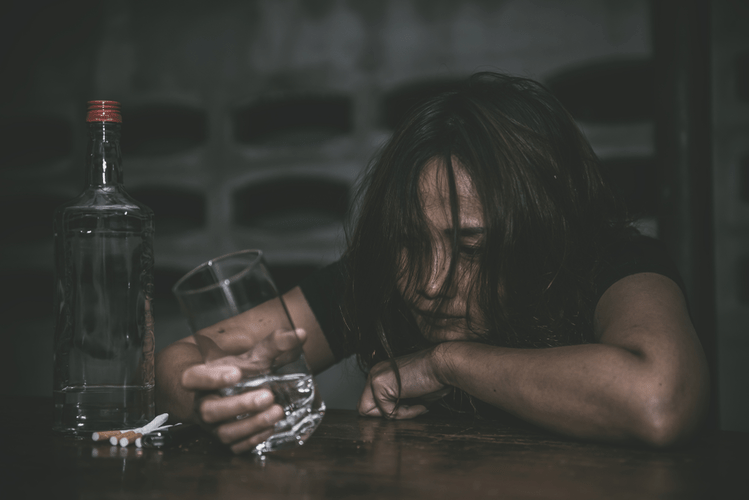I Relapsed Now What?
For those who enjoy spending time with their coworkers outside of work, reconnecting with colleagues after a leave of absence for rehab is often welcome. However, there may be some instances in which the individual has to decide whether returning to old habits and routines supports addiction or recovery. For example, if someone went to rehab to address alcohol addiction, they may not be able to continue enjoying Friday night happy hour with their coworkers. Some people attend rehab multiple times because relapse is common among individuals in recovery from addiction, and going back to treatment can lessen the chances of relapse in the future. The study surveyed 2,002 U.S. adults who have an SUD but are no longer in active addiction to determine the average number of recovery attempts needed before becoming sober.

Continue Seeking Therapy

As mentioned previously, use after relapse is usually more severe than the original use. Returning to rehab after relapse may help keep you safe from the life-threatening risks of substance use disorder and withdrawal. Relapse doesn’t mean that the treatment program didn’t work — it simply means the treatment plan needs reinforcement or adjustment. It is difficult to change habits, and many people treated for a substance use disorder experience a setback. Because going back to rehab relapse rates are so high, ongoing treatment is frequently recommended for people who have graduated from a rehab facility.
- The great news is that just like the first time, help is only a phone call away.
- Sober nights are a great way to enjoy a night at a club dancing with friends without the temptation to drink.
- Unfortunately, many people believe the misconception that attending an addiction treatment program will cure their substance use disorder.
- The decision to return to rehab requires you to make sacrifices, but you’ll be glad you did when you get to the end of your process.
- If the emotional and mental stages of relapse are not corrected, they will lead to the final stage of relapse.
Find Treatment
If you or a loved one are struggling with substance use or mental health challenges, reach out to explore your treatment options. Whether you have https://globalapostoliccentre.com/90-sobriety-tattoo-ideas-that-will-blow-your-mind-3/ relapsed or love someone who has, it’s important to seek professional help. Contact our qualified admissions coordinators today to learn more about our top-rated addiction recovery programs.
- Some stages, such as the pre-contemplation and contemplation, can last for several weeks or even months before a person takes the action of substance abuse.
- Take our free assessment to understand how we can help you better.
- Another enemy of addicts is the fact that in early recovery, many addicts feel so good and so strong that they don’t believe relapse is possible.
Preventing Relapse
This can lead to fatal overdoses, as you no longer have the tolerance you had before you stopped abusing drugs and alcohol. If you do not address the emotional or mental stages of relapse, you will move on to the physical stage. This is the part of relapse that everyone is familiar with, where you Sober living home actually begin abusing drugs or alcohol. Unfortunately, relapse can be difficult to deal with and even dangerous at times, as it is extremely easy to overdose when you have no tolerance. This assessment will help the treatment team develop a personalized plan tailored to your current circumstances.
